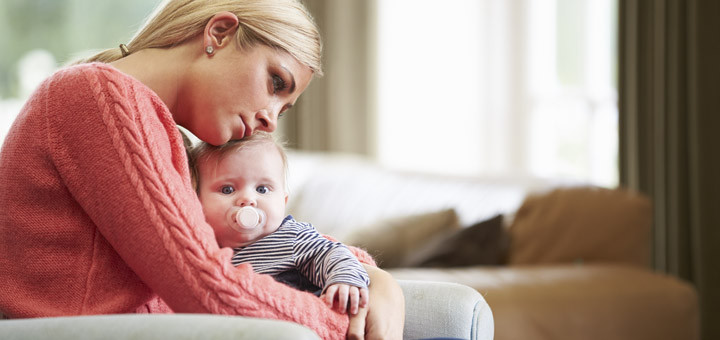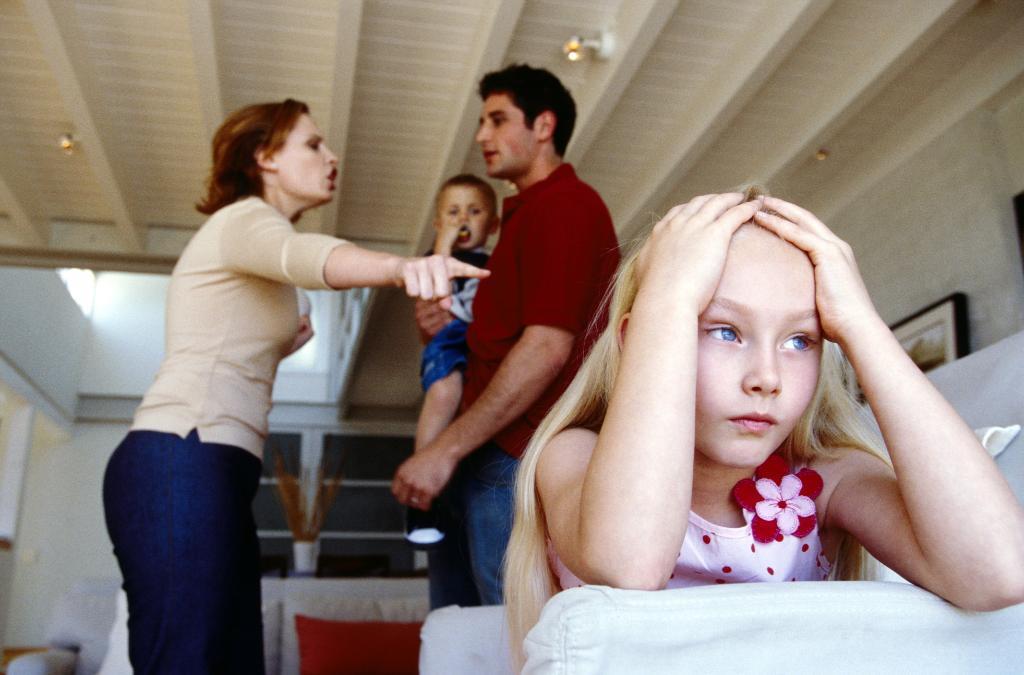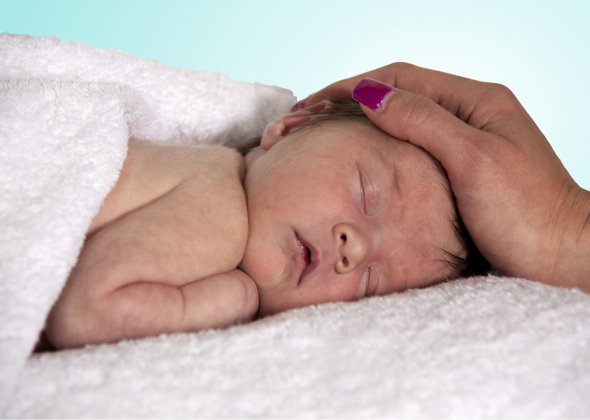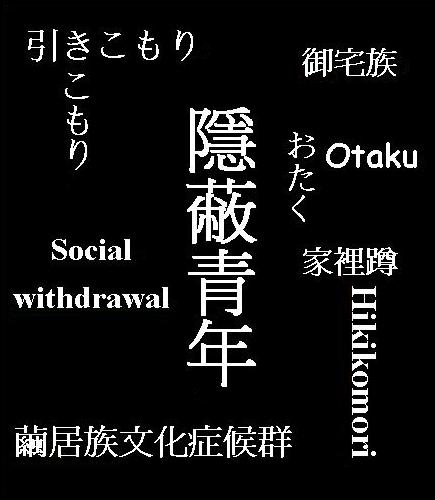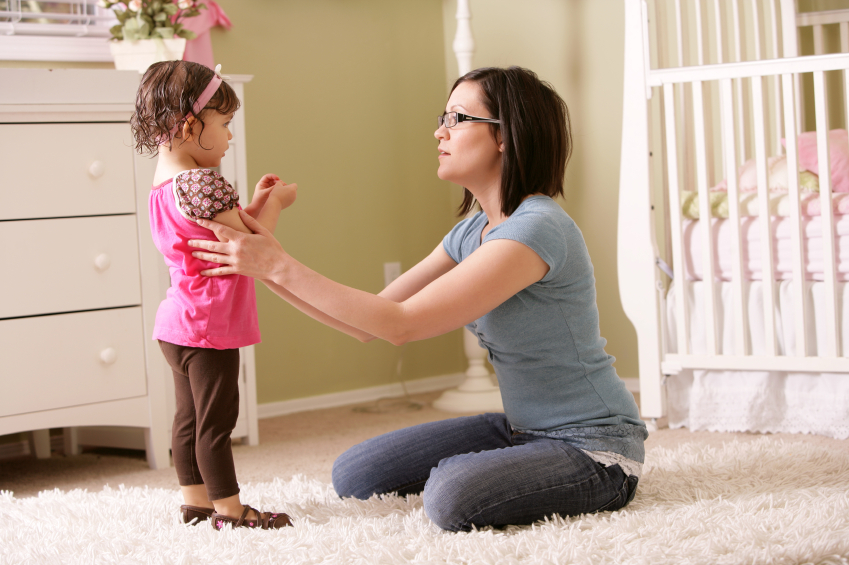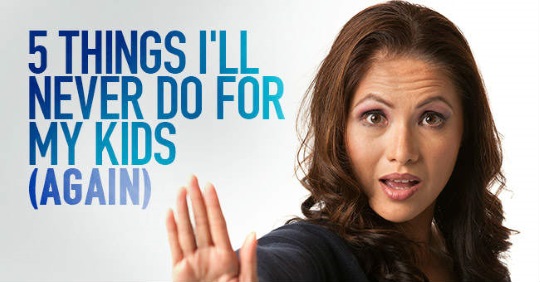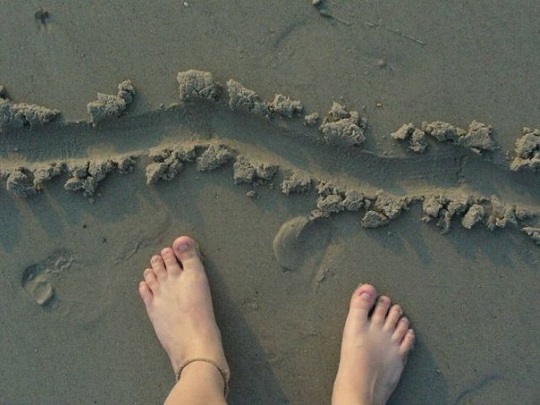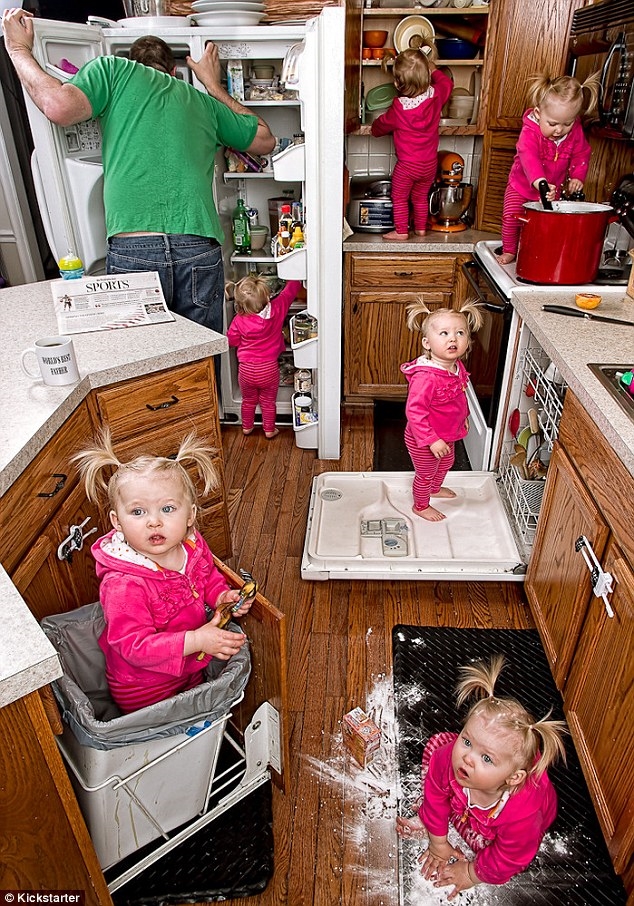Does Parent Stress Affect Baby?
Ever heard this saying? “When mama ain’t happy, ain’t nobody happy.” It’s a funny phrase, but it’s also true -- babies mirror their parents’ feelings. Baby See, Baby Do
People say babies are like sponges for a reason: They learn new things at a rapid pace. Not only do they soak up info from the world around them, they also hone in on others’ feelings. “From birth, infants pick up on emotional cues from others. Even very young infants look to caregivers to determine how to react to a given situation,” says Jennifer E. Lansford, PhD. She's a research professor with the Social Science Research Institute and Center for Child and Family Policy at Duke University. A recent study confirms that stress is spread from parent to child. Babies were kept apart from their mothers for a short time while the moms completed a stressful task. When reunited, the babies showed signs of stress, too. When it comes to their parents’ emotions, babies are tuned in. Stress: The Good, the Bad, and the Ugly
If you’re worried you’ll need to parent in a vacuum so you don’t pass on frazzled feelings, there’s hope: Not all stress is harmful. The CDC sorts stress into three categories: Positive stress: things that cause low-level anxiety, like meeting new people, or anticipating a needle stick at the doctor Tolerable stress: more intense, but manageable events, like the death of a family member or loss of a job Toxic stress: intense experiences that go on for a long time, like abuse or neglect That last category is the one to worry about, says Sarah A. Keim, PhD. She's a pediatric expert at Nationwide Children’s Hospital in Columbus, OH. Long-term exposure to Mom’s toxic stress can make a baby feel stressed out all the time, too. Everyone has stress. How you deal with it can help your baby’s emotional growth. “A little stress gives us motivation, drive, and purpose,” says Keim. And if you have a healthy response to stress, your baby will mirror you. Being stressed too much can impact how you care for your child, says Lansford. “It affects parents' well-being,” she says. “Stressed parents are less responsive to their infants' cues, and that less-sensitive caregiving is stressful to babies.” Tips to Take Control of Your Stress
Pinpoint the problem. The source of your negative stress may be clear -- financial struggles or problems at work, for examples -- or it might not be obvious. Try to figure out what causes it so you can look out for, and try to avoid, triggers. Put the focus on you. To take care of your baby, you have to first take care of yourself. Eat well, get as much sleep as possible (nap when baby naps!), drink plenty of water, and exercise. Get help. If you’re truly stressed out, turn to someone you trust for support. You can also contact a trained professional such as a psychologist to help you manage your load in a healthy way. How to Soothe a Stressed Baby
What does a stressed baby look like? “Some might assume crying is the primary way infants would respond to stress, but this isn't necessarily the case,” says Keim. Other ways babies show stress are:
If your infant shows any of these symptoms, here’s how to help her relax:
Written By Rachel Reiff Ellis http://www.webmd.com/parenting/baby/features/stress-and-your-baby?page=1
|
|





